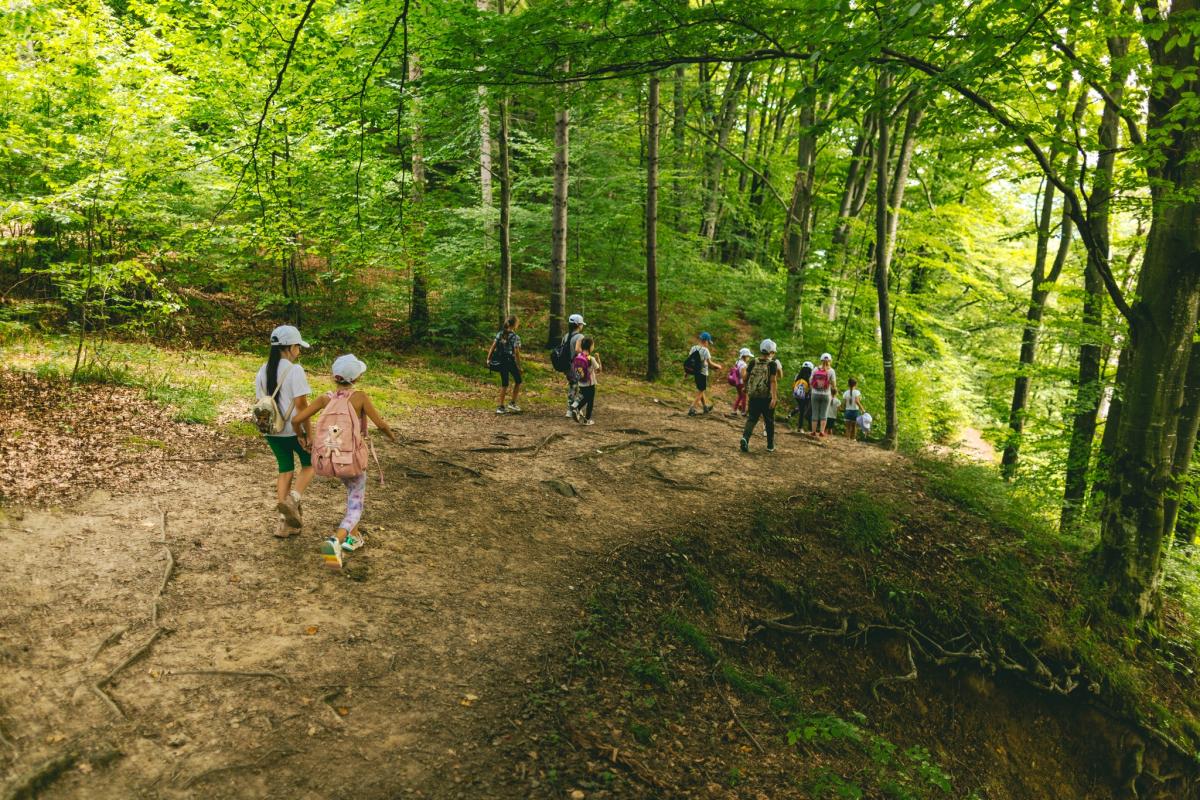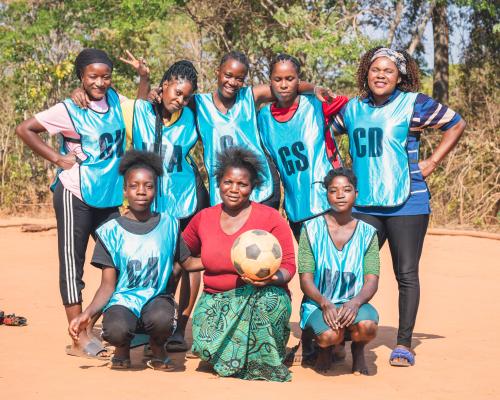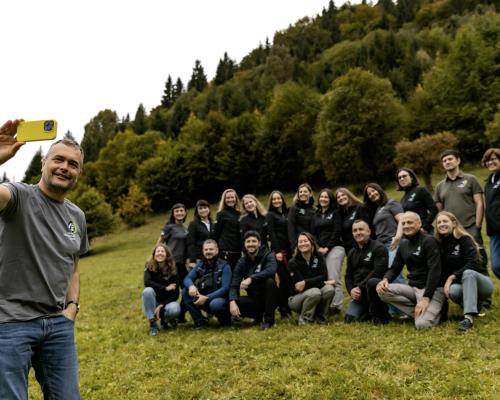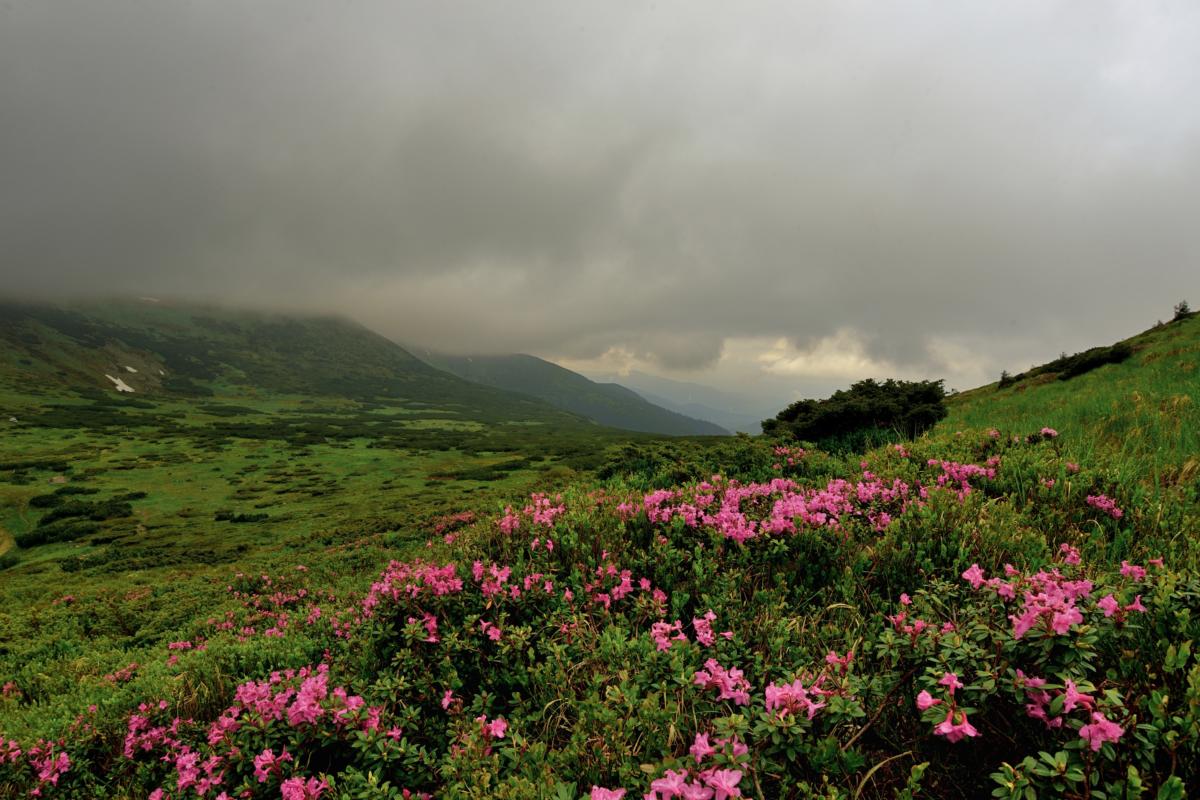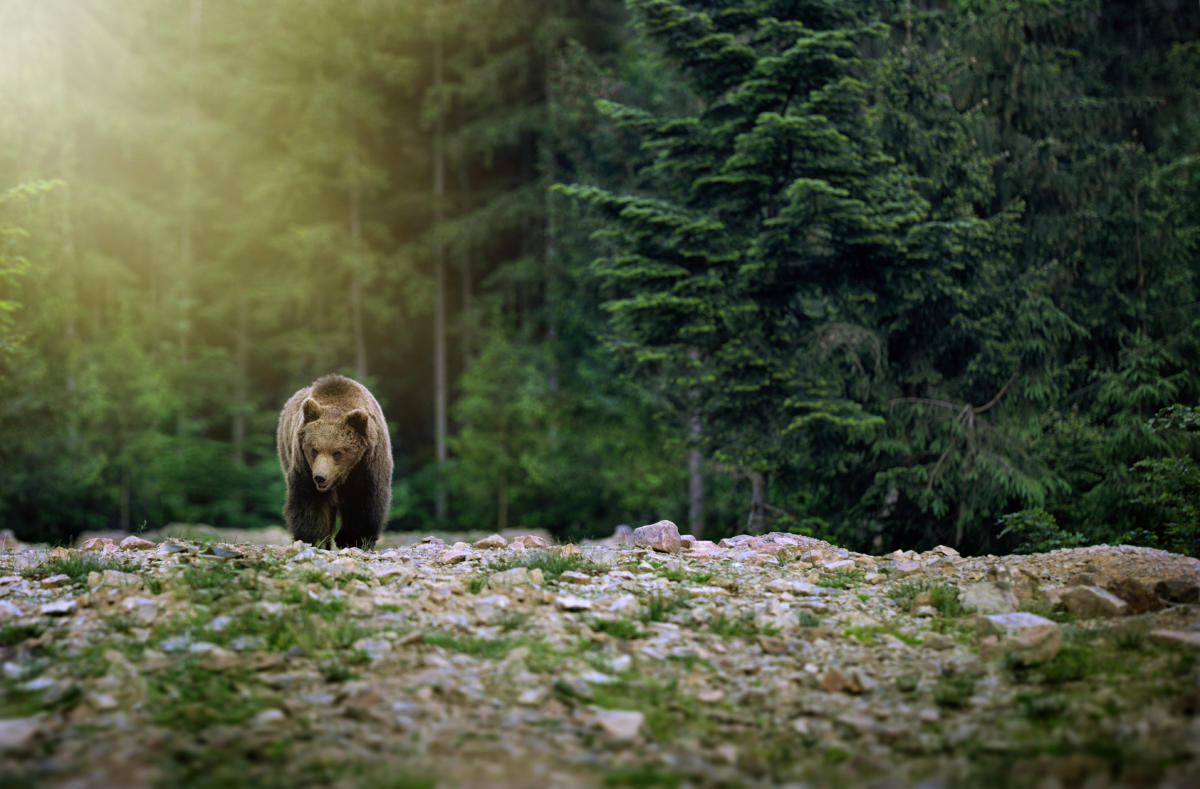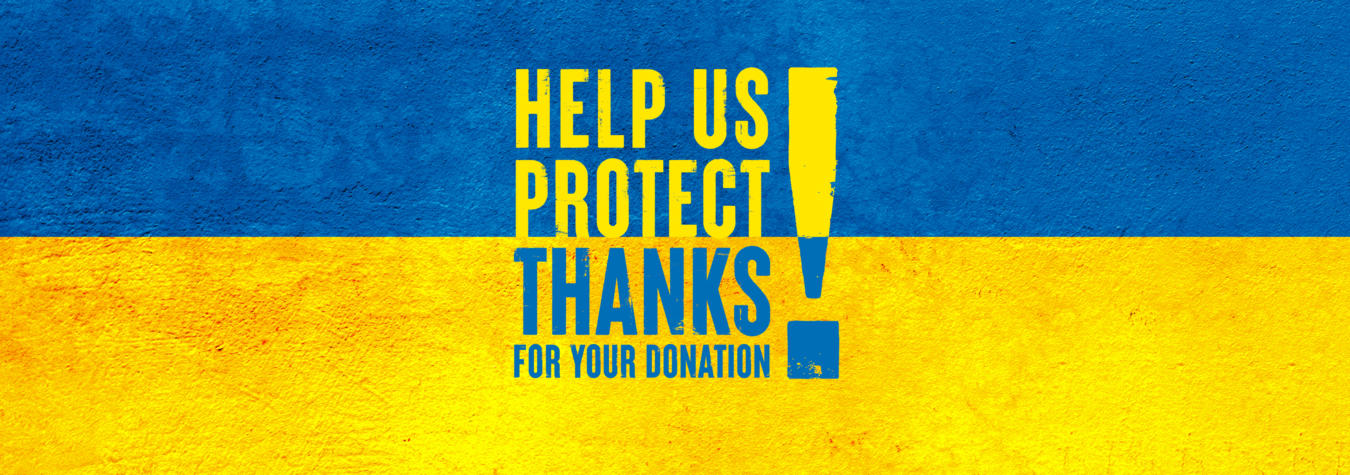Since the beginning of the war, FZS and its partners have been providing emergency support in Ukraine. The challenges have changed, but the situation in the country remains critical. The conflict has had devastating consequences for Ukraine’s society, economy, and nature.
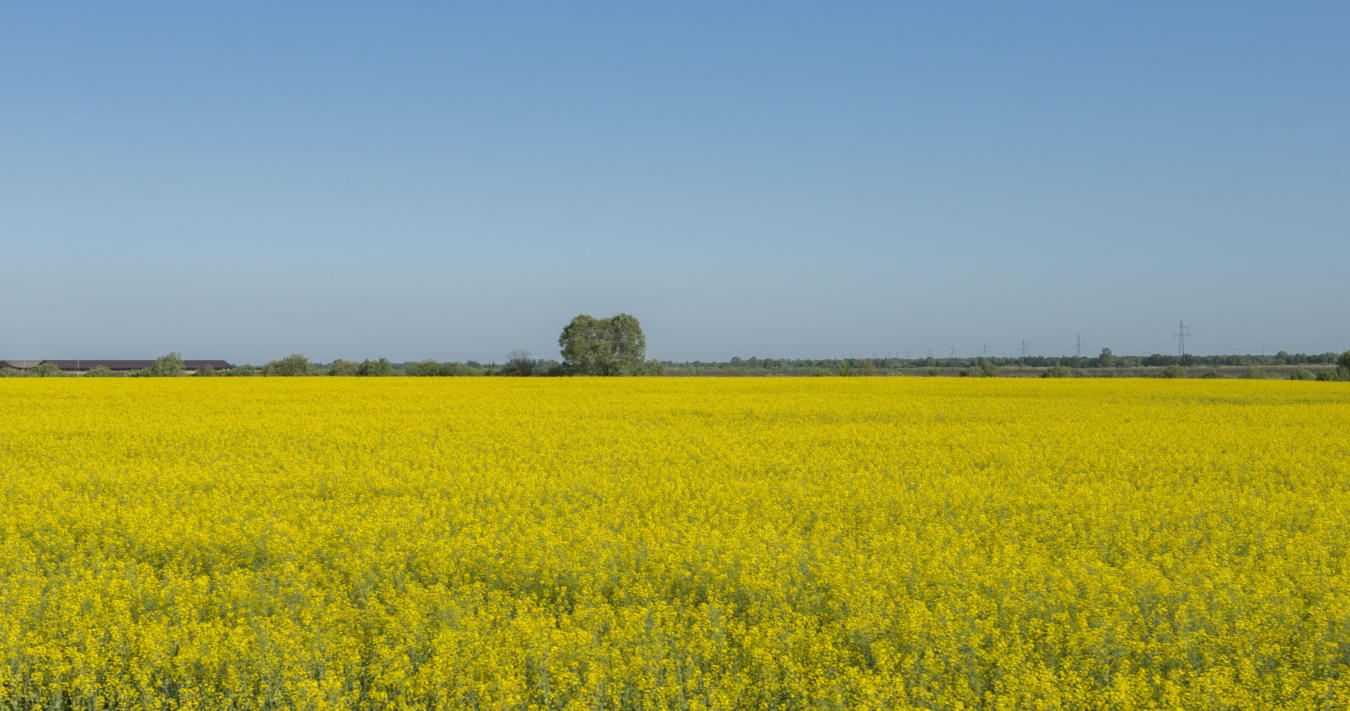
Critical Support for Ukraine’s Protected Areas: How We Overcome the Challenges in Times of War
Since 2014, we have been working in the Ukrainian Carpathians but also in the floodplain area of the Polesia in the North of the country, supporting protected areas by funding studies to safeguard more forests in their surroundings or by purchasing equipment for fieldwork. Since 24 February 2022, this work has drastically changed and has been constantly evolving ever since. We provide emergency support for both people and nature. To do this, we work closely with our team and local partners to respond swiftly and flexibly to the needs of the people and the situation in the national parks in the Carpathians and Polesia. Collaboration has intensified, and our team has grown closer. Together, we can better cope with the ongoing threat to both lives and nature.
Thousands of people sought refuge in the relatively secure Carpathians after fleeing the war-torn regions of Ukraine. National parks and local communities have welcomed these individuals. In total, FZS has supported displaced people in the Carpathian region by delivering more than 93 tonnes of urgently needed goods. Other protected areas in different parts of Ukraine also provided shelter in their buildings for people in need. FZS delivered an additional 10 tonnes of emergency goods to these regions. As of today, thanks to many generous donations, we have been able to support a total of 35 protected areas in Ukraine since the war began.
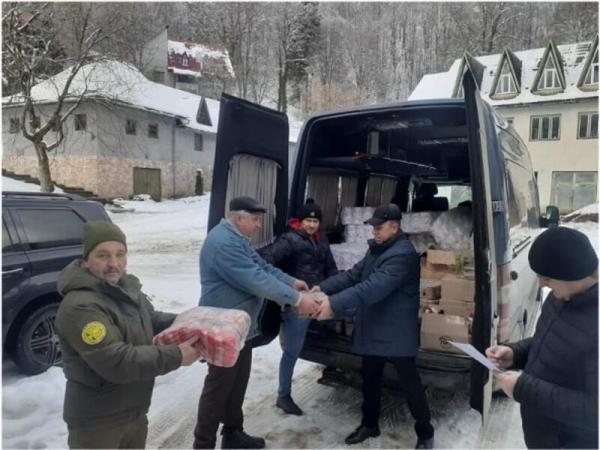
To provide food for internally displaced people – Ukrainians who have left their homes but not their country – initiatives were launched with local producers. FZS purchased the products and delivered them directly to the shelters in the national parks. To ensure power supply following Russian attacks on electricity infrastructure, FZS, with the help of many generous donations, has provided high-performance generators to facilities in the protected areas. These generators not only provide a permanent source of electricity for those seeking refuge but also ensure the parks’ administrations remain operational. Some shelters had to be renovated to offer the displaced people a safe place to stay.
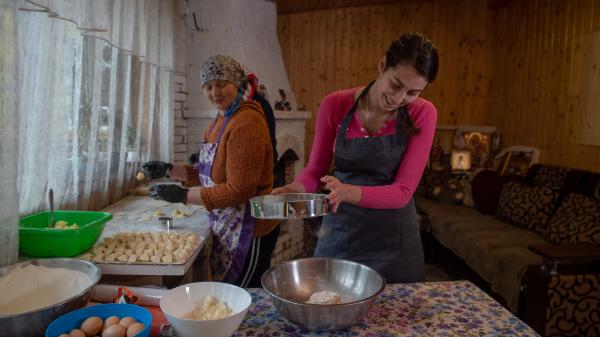
By the end of 2022, the number of internally displaced people had stabilised. As a result, we were able to reduce large-scale aid deliveries and gradually scale back emergency support, allowing us to focus more on nature conservation. Nonetheless, we continue to monitor developments closely and are ready to take action again immediately if needed. Our logistical systems are now operating at a much higher level than before, enabling us to respond even faster when necessary.
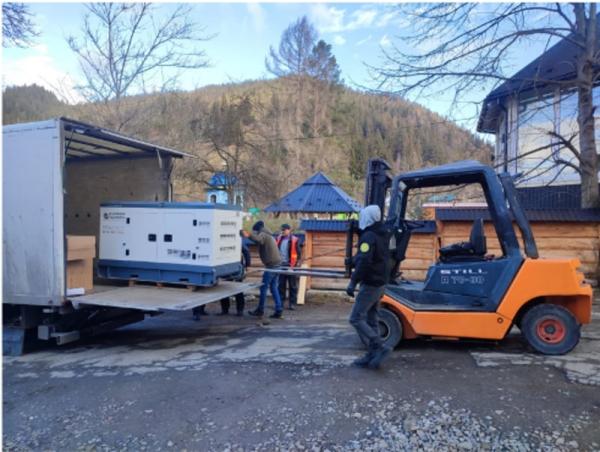
Even before Russia’s invasion, protected areas in Ukraine were severely underfunded. The economic strain of the war has made the situation even more critical. Apart from state funding, the national parks have no significant sources of financial support. To maintain essential conservation work in Ukraine’s protected areas, FZS has started covering key operational costs for the management of these areas.
Despite the ongoing challenges, we remain committed to our goals with our local partners: expanding existing protected areas and placing more valuable Carpathian forests and the floodplain forests, mires and waterbodies of the Polesia under official protection in the coming years. With increasing economic pressure in particular on the forests of the Carpathians, this may be the last chance to safeguard these areas, which are so important for both, people and nature, for the long term.
Another increasingly important role of the Carpathians, with their vast, unspoilt forest landscapes, is to offer traumatised people a space for relaxation and recovery through nature tourism, amid the wilderness. Preserving this natural beauty remains our motivation.
